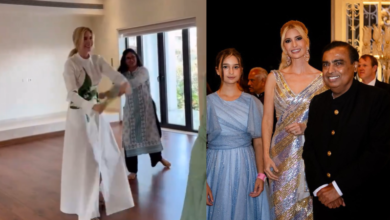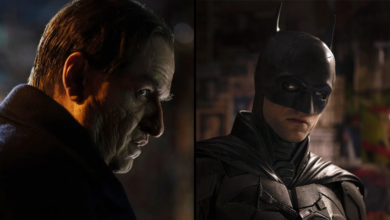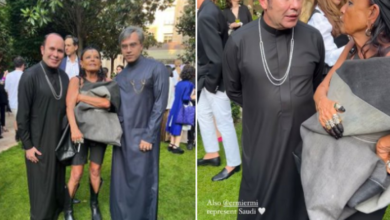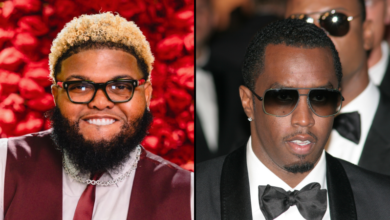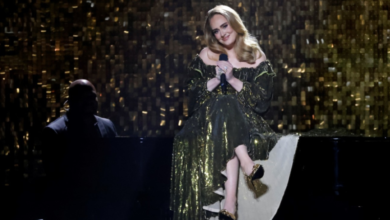Poet Rupi Kaur snubs White House over support for Israel’s Gaza bombardment

Canadian poet Rupi Kaur has declined an invitation from the United States White House to attend a Diwali celebration.
The Indian-born poet said she will not attend the dinner, which will be hosted by US Vice President Kamala Harris on Wednesday evening, due to the Biden administration’s continued support of Israel and its bombardment of Gaza.
“I decline any invitation from an institution that supports the collective punishment of a trapped civilian population—50% of whom are children,” she wrote in a statement posted on social media.
Diwali, also known as the Festival of Lights, celebrates the triumph of justice and light over darkness. The festival is the biggest holiday observed by Hindus, Sikhs and Jains around the world and is characterised by lights, colour, dancing and music.
Kaur posted a lengthy letter on X saying, “Diwali is the celebration of righteousness over falsehood and knowledge over ignorance.” During this time, Kaur wrote, she reflects on “what it means to fight for freedom against oppression”.
Kaur urged her followers to join the push against the continuing Gaza assault. “I implore my South Asian community to hold this administration accountable,” she wrote. “We cannot remain silent or agreeable just to get a seat at the table. It comes at too high a cost to human life.”
“When a government’s actions dehumanize people anywhere in the world, it is our moral imperative to call for justice. Do not be afraid. Stand with the world and demand a humanitarian ceasefire. Many voices will join you when you speak. Let us sign petitions. Attend protests. Boycott. Call our reps and say – stop the genocide,” Kaur concluded.
Vice President Harris, who is also of Indian descent, hosted the largest ever White House Diwali event in her home last year, with at least 200 guests that included prominent figures from the South Asian community.
Biden’s celebratory statement last year spoke of the triumph of light over darkness in American history, especially as experienced by minority communities in the US.


